Are schools neglecting students with a disability?
An expert on inclusive education has spoken out about how schools can exclude students passively and willfully.
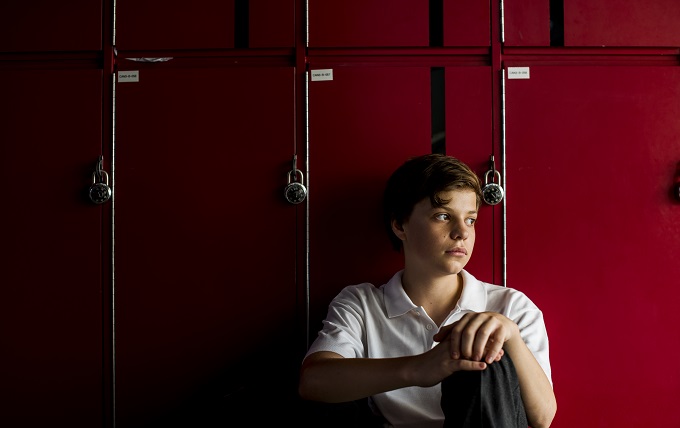
The impact of exclusion can be catastrophic for a young person’s social and emotional development, mental health and wellbeing, sense of worth, and future.
Monash University’s Dr Kate de Bruin provided evidence as part of the Royal Commission into Violence, Abuse, Neglect and Exploitation of People with a Disability’s Public Hearing 7 – Barriers to accessing a safe, quality and inclusive school education and life course impacts.
She advised that neglect of children with a disability can take place when schools fail to support students with disabilities to access quality education through appropriate support.
A Lecturer in Inclusive Education at the university’s Faculty of Education, Dr de Bruin said:
The Commission has heard this week from young people and their families about their own experiences in schools, and from academics who informed the Commission what research shows about inclusive education and the barriers to achieving it.
“Collectively, their evidence paints a sobering picture of the educational neglect of young people with disability and the devastating consequences of their experiences in schools, such as restrictions being placed on their attendance.
Witnesses have described the consequences of this educational neglect in terms of the harm done to the young people, many of whom are left traumatised.
“They have also painted a picture of the educational failure that results for these young people, who are unable to learn at school and who do not receive the benefits of an education that is supposed to prepare them for a fulfilling and purposeful place in life after school and within their communities.
“My own evidence, provided in a written statement as well as a two-hour examination yesterday, has focused on educational neglect in Australia which occurs at both the systemic and school level and provided evidence for how this can be addressed.
“The Disability Royal Commission provides the opportunity to make strong recommendations to finally address the issues within funding gaps, policy misalignment, and the discretionary power wielded by school leaders.
“These recommendations have the power to ensure that all Australian students could receive a quality inclusive education, as is their right, and to realise the dream of a fairer and more equitable society in which all lives are valued.”
The Royal Commission was established in April 2019 for a term of three years and many submissions made to the commission have been confidential.
One 17-year-old student with autism, Maria Scharnke, told the commission that she had been physically abused by school staff in the past and that a “culture shift” at her Queensland primary school occurred when a new principal came on board that was detrimental to her learning.
“The school had changed and had become more difficult for me to deal with,” she said, as reported by ABC. It signals the importance of positive school leadership in creating an inclusive learning environment.
It felt like we were being altered to fit in with society as children.




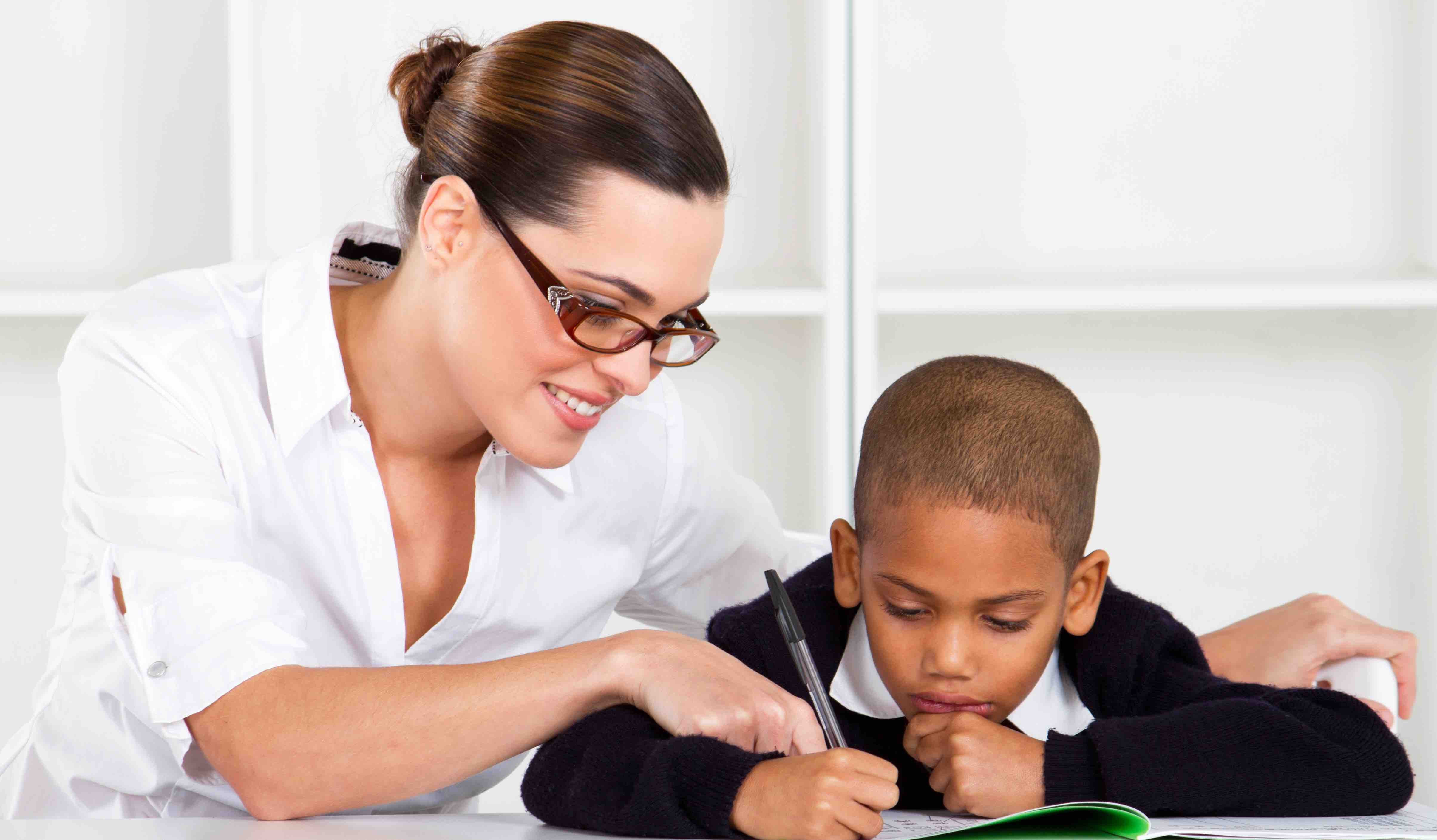
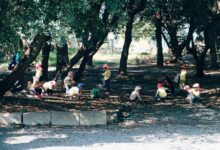
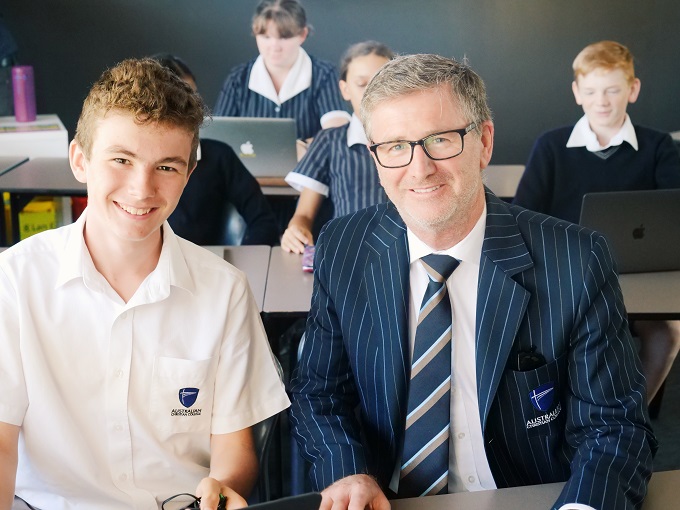
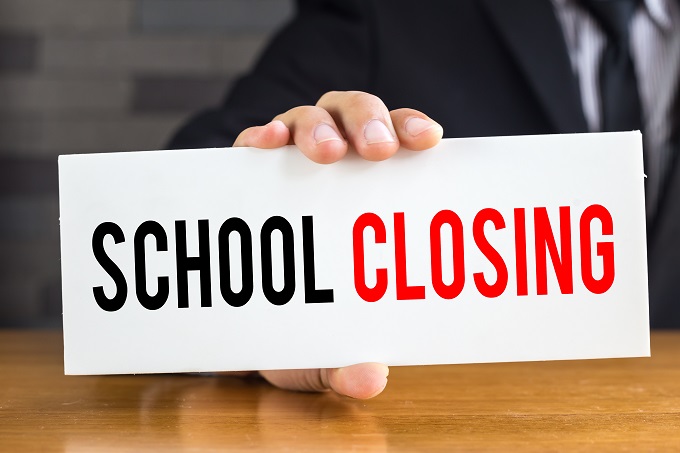
Thank you for this article. Unfortunately, this has been my experience as both a teacher and a step parent to an autistic son. I strongly believe that teachers should all be trained as ‘special education’ teachers because all classes have students with additional learning needs. Also, as most teachers will tell you, the nature of techniques to reach vulnerable students work with ALL students. However leadership in the school where I burnt out ‘stacked’ my class with all the ‘tricky’ students, many of whom didn’t have a formal diagnosis but had significant learning needs. I have no idea what the solution is, but I’ve found that team teaching is a good option and a principal listening to teachers when they suggest a student (or in my cases, students) has additional needs. One guidance officer or learning specialist per school is not enough. The profession is losing passionate teachers, like me, because they are not supported.
As a parent of a child with an intellectual disability who just completed years of mental trauma and educational hell, i want to express how important that this horrendous reality is exposed with how our most vulnerable children and therefore their families are treated in schools. If your child didnt have mental health as a prep child, she will have the time she leaves after year 12. The lack of duty of care is inexcusably abhorrent and the ignorance towards invisible disabilities is heartbreaking in some school cultures. The disability discrimination law is not followed as its shows in inviting print on the website that you may read with hope and with your rose coloured glasses on. No one is accountable and a complaints process is pointless with the education department whom at all costs supports the school body without fail when things go wrong and misconducts take place. As a vulnerable child and a vulnerable parent you are voiceless, defenseless and have zero avenues to protect your child. Its you alone against a wall of arrogance, manipulation and abuse of power and a pack mentality that is trained into the profession. Apologies just dont exist even though they teach that and expect that from our children. Apologies admit mistakes and a principal will not admit mistakes at any cost. Once you ooze assertive advocacy for your child’s welfare, protection and safety the eyes start rolling around the staff room while you carry your ‘pain in the ass’ given parental label in your hurt and pain and in your rights to protect your disabled loved one. It’s a lonely and long journey of persistent heartwrench that consumes you in anxiety and frustration knowing these people are not really on your team. Please home school your vulnerable child who has special needs as their welfare and safety amid peers and some so called professional teachers is questionable. Wait until real changes are made and there is a honest authority and real power over schools and justice and protection prevails for our most vulnerable children with disabilities in the education system.